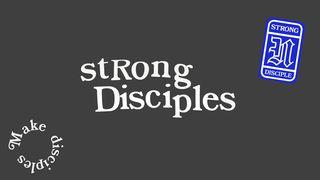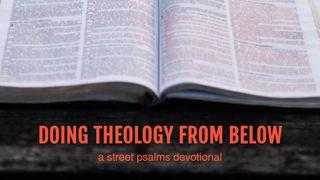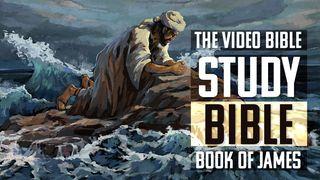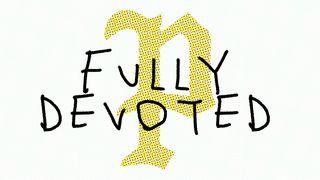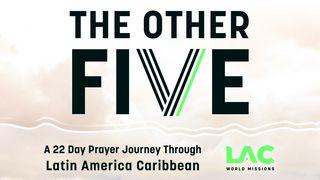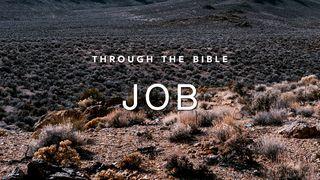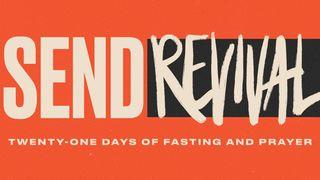Deuteronomy: At Journey's EndSample
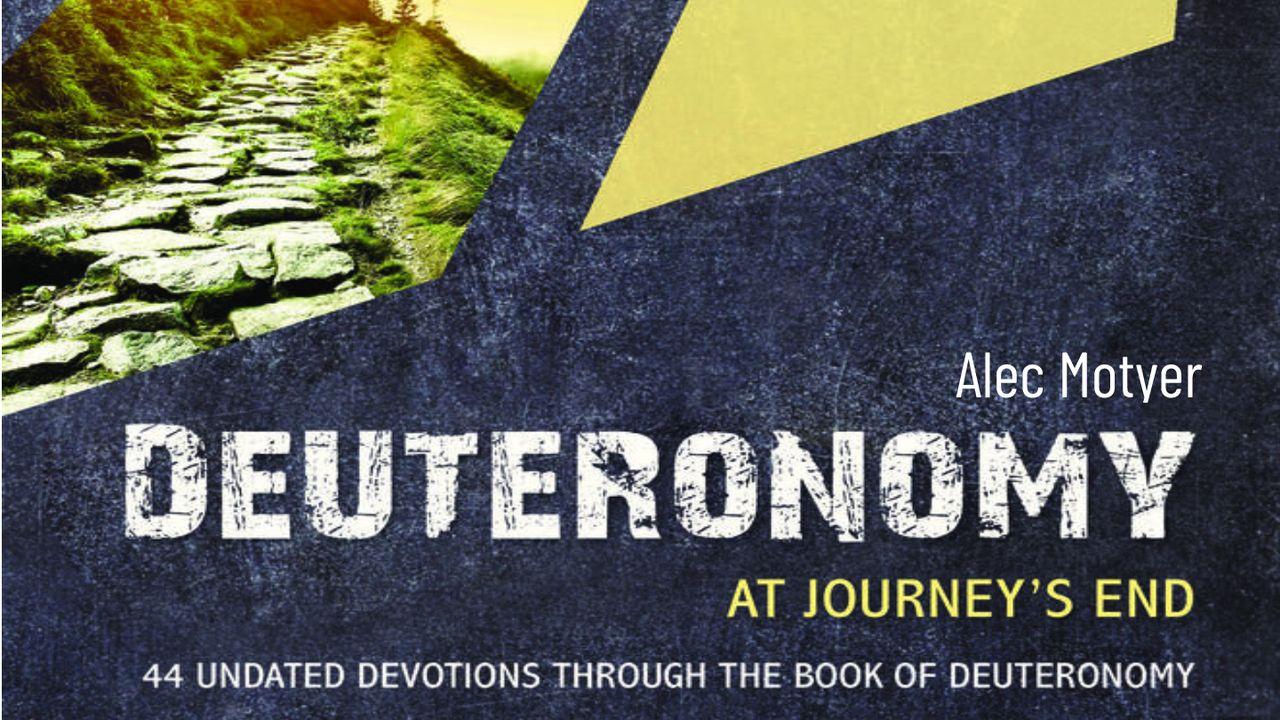
One God, one society
Moses now turns his attention to people who fall into debt (vv. 1–6), the poor who need sustaining (vv. 7–11) and those who hire themselves out in service (vv. 12–18). The basic truth he asserts is that since there is only one God, there must also be only one society.
Every seventh year called for wiping the debtor’s slate clean. It was called ‘the Lord’s time for cancelling debts’ (v. 2). In other words, the Israelites must do this because God is like that; the way he deals with us is the model for our dealing with each other. There are to be no half measures; the whole debt is to be cleared away by remission. It is to be all gone, just like our sins.
What would be the equivalent today? Probably, where possible, making gifts, not loans; or where possible translating loans into gifts – and forgetting about them. This would be radical indeed in a society which worships ‘market forces’, would it not? But it is the way the Lord’s market ‘works’ (v. 6) – and the way to come out economically on top!
In case we miss the message, it is repeated in verses 7–11. See how they are inside the bracket of the tight fist (v. 7) and the open hand (v. 11) – and not a grudging hand at that but one which matches the open heart (v. 8).
The third area in which we are called to model ourselves on divine action is in an understanding of and a generous treatment of servants (vv. 12–18). It speaks loudly of the sort of society Moses envisaged that he felt he had to legislate specifically for the servant who did not want his service terminated (vv. 16–17)! But the essence again is to act as the Lord has acted for us (v. 15). It is the same high and holy standard throughout; my calling is to be to everyone else what the Lord is to me. As someone wrote, ‘And from your eyes he beckons me, and from your heart his love is shed – till I lose sight of you and see the Christ instead.’
In the light of all this, the final verses (19–23) are right within context. Using the rules for the firstborn as a case in point: the ordinances the Lord has appointed that serve to keep our eyes on him whom we are to copy, to bring him right into our lives all the time, and especially to remind us – by focusing on the firstborn – of the great redemption in and from Egypt when the Lord redeemed his firstborn son (Ex. 4:22; 12:25–27).
Reflection
We must treat others mindful of how God has treated us (Eph. 4:32; Col. 3:12–13; 1 Pet. 2:20–25; 3:8–9).
Scripture
About this Plan

In these daily undated devotions, Alec Motyer explores the timeless truths of Deuteronomy and applies them to our lives today. Just as the Israelites did, we can appreciate the wonder of God’s grace to us through repentance, experience His committed love for us, and learn more about walking in His ways.
More
We would like to thank 10ofThose for providing this plan. For more information, please visit: https://www.10ofthose.com/
